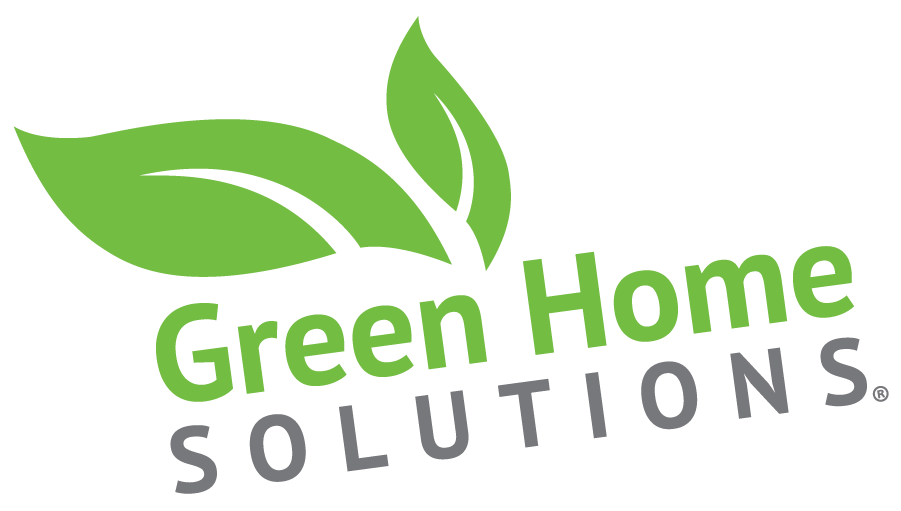While both UV light and HEPA air filtration systems can be effective in improving indoor air quality and reducing the presence of mold spores, here are some reasons why a whole home HEPA air filtration system may be considered better than UV light:
- Filtration: HEPA air filtration systems physically capture mold spores and other airborne particles in a filter, while UV light simply sterilizes them. HEPA filters can trap particles as small as 0.3 microns, while UV light can only sterilize particles that are exposed to it directly.
- Comprehensive: A whole home HEPA air filtration system can clean the air throughout the entire home, while UV light is typically installed in a single room or area.
- No ozone: Some UV light air purifiers emit ozone, which can be harmful to some people, particularly those with respiratory issues. HEPA air filtration systems do not produce ozone.
- Cost: While HEPA air filtration systems may have higher upfront costs, they are typically less expensive to operate over the long term compared to UV light systems, which require replacement bulbs.
- Maintenance: HEPA air filters require periodic replacement, while UV light bulbs need to be replaced regularly as well as cleaned to maintain optimal performance.
Overall, a whole home HEPA air filtration system can be a more comprehensive and effective solution for improving indoor air quality and reducing the presence of mold spores compared to UV light systems. It is important to consult with a qualified expert to determine the best approach to improving indoor air quality in a given situation.
